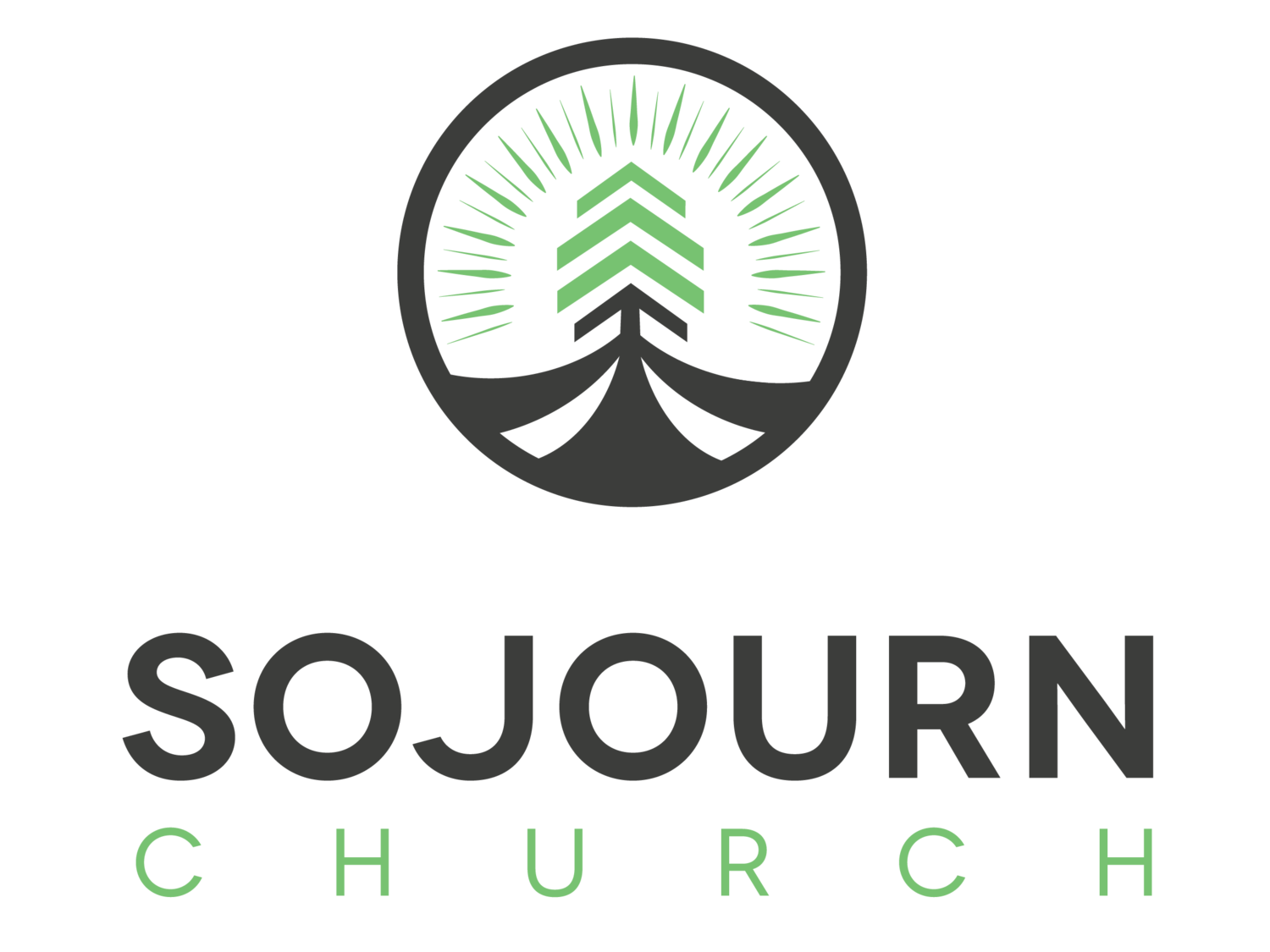“Then the man knelt low, worshipped the Lord, and said, ‘Blessed be the Lord, the God of my master Abraham….’” (vv. 26-27).
You and I pray a lot, don’t we?
Maybe it’s not super disciplined. Maybe it’s neither intense nor intentional. But we pray.
Because, ultimately, we’re asking. For help. For clarity. For a blessing.
Here’s my question: When God answers—and He undoubtedly answers—what’s the next right step?
Too often we hear, we receive, and we keep on rolling. Acknowledgement of an answer to prayer is scant, momentary. Besides, the next need is likely already on deck.
We have a lot to learn from Abraham’s servant. The moment that He knew God had answered his (and his master’s) prayer, he worshipped. He stopped everything, bowed low, and gave God the praise He was due. The servant knew the next right step is always worship.
Give him a thought before you breeze past the next blessing.
— Tyler
